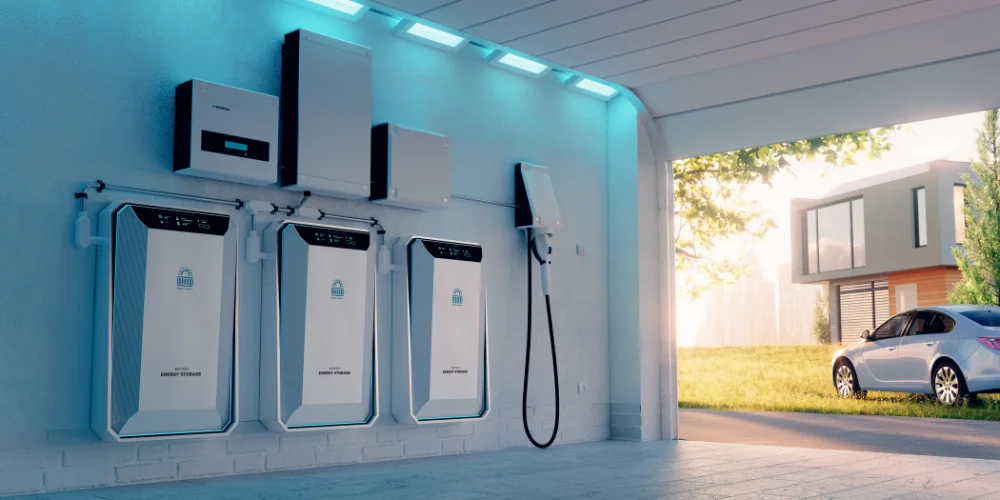
The Balance of Ancillary Services Pricing
FCAS exist to provide AEMO with operational reserves in case of unplanned variations in demand and supply to keep demand and supply of electricity in
As reported by The Guardian, the Australian Energy Market Commission (AEMC) has proposed draft rules aimed at transforming how power companies and consumers interact. These rules would allow households and businesses with electric vehicles (EVs), solar panels, batteries, and flexible appliances like pool pumps to sign deals where they are paid for turning off appliances or supplying power back to the grid during peak times. This initiative is part of a broader effort to encourage competition, lower power prices, and promote innovation in the energy sector.
The proposed rules would enable consumers to have separate contracts for different appliances, allowing for tailored deals that could incentivize behaviors like charging an EV at specific times. The AEMC envisions a future where retailers compete to offer innovative services that reward customers for their energy contributions.
The push for these changes is also driven by the growing adoption of rooftop solar panels in Australia, with around 3.2 million homes generating their own power. Additionally, the AEMC report highlights the potential impact of EVs, projecting that by 2050, Australia could have 22 million EVs with significant storage capacity that could rival major energy projects like Snowy Hydro 2.0.
The proposed reforms also aim to support large commercial energy users and councils running street lights to benefit from similar arrangements. Implementation of these changes would likely require the adoption of smart meters, which are already prevalent in some states and would become more widespread under the proposed reforms.
Energeia was engaged by the AEMC to assist in developing a cost benefit analysis of the load
flexibility of Consumer Energy Resources (CER) under various scenarios, including business as usual (BAU) to support the drafting of this potential new rule.
For more information or to discuss your specific needs regarding EV data forcasting and modelling, please request a meeting with our team.
For more detailed information regarding key challenges facing electric vehicle uptake, please see Energeia’s Power Session webinars and associated materials.

FCAS exist to provide AEMO with operational reserves in case of unplanned variations in demand and supply to keep demand and supply of electricity in

The Australian Energy Market Commission (AEMC) has proposed draft rules aimed at transforming how power companies and consumers interact.

Electrification of appliances and transport will radically change the optimal grid and bulk system configurations. What is a solution for managing all these resources without
Sydney Office
Energeia Pty Ltd
WeWork
L1, 1 Sussex St
Barangaroo NSW 2000
Phone: +61 (0)2 8097 0070
ABN: 15 134 783 412
[email protected]
US Office
Mansion Square
Suite 380, 132 E Street
Davis, CA 95616
Phone: +1 (530) 302-3861
Fax: +1 (530) 419-2572
[email protected]
energeia-usa.com
